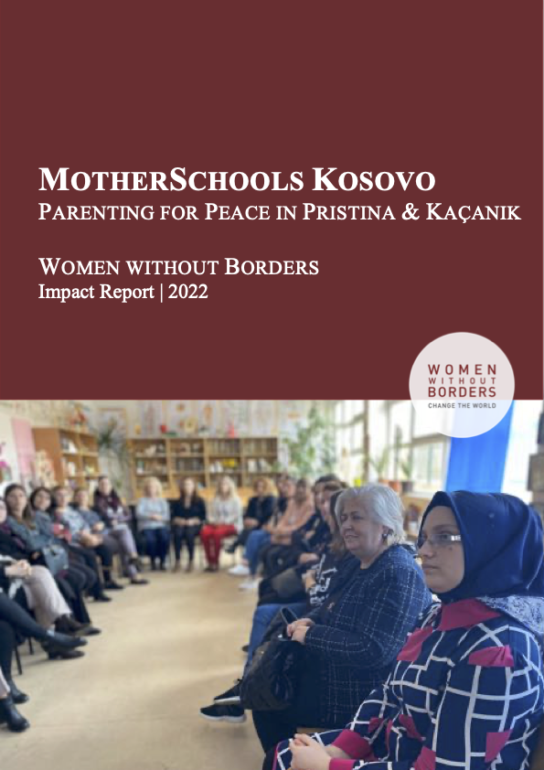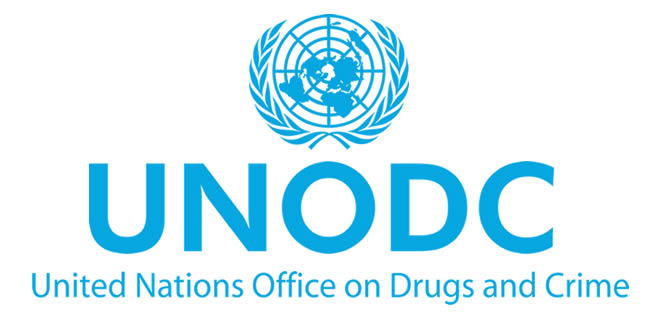Between 2018 and 2020, WwB implemented its ‘MotherSchools: Parenting for Peace’ Model in Kosovo, with three groups convening in Kaçanik and Pristina. This impact report offers an overview of the project in Kosovo, presents WwB’s impact findings, and concludes with a series of recommendations.
In the Western Balkans, messages of religious militancy have resonated profoundly with vulnerable youth populations and gained considerable traction in isolated communities over recent years. Despite having no previous history of violent extremism, Kosovo’s capital of Pristina and communities along its border with North Macedonia proved particularly susceptible to recruitment efforts by ISIS. Violent extremist groups took advantage of voids in and pressures on identities that have been and continue to be shaped by struggles with the lingering legacies of violent conflict and a history of shifting geopolitical circumstance. The recent wave of returnees to Kosovo from Syria has become a grave concern for communities and the government alike, as the situation threatens to introduce new toxic ideologies, exacerbate the issue in already affected areas, and bring violent extremism into new communities across the region. Against this background, Women without Borders (WwB) in cooperation with local implementing partner Jahjaga Foundation (JF) rolled out its ‘MotherSchools: Parenting for Peace’ Model in Pristina and Kaçanik between 2018 and 2020, addressing central contributing factors leading to radicalisation in Kosovar communities.
Ahead of launching its three MotherSchools groups in parallel, WwB trained a pool of ten local professionals as prospective MotherSchools Teachers and Notetakers. Six of the qualified Teachers across three groups went on to deliver the Curriculum to sixty mothers who were concerned that their community environment could make their children susceptible to radicalisation. Upon graduating from the MotherSchools programme, the mothers as participants had each received at least forty hours of training to become role models and prevention stakeholders in their families and communities.
This impact report offers an overview of the MotherSchools project in Kosovo, presents WwB’s impact findings with respect to the programme beneficiaries, and concludes with a series of recommendations put forward by project beneficiaries. Applying a qualitative data analysis (QDA) to the 113 semi-structured Entry and Exit Interviews conducted before and after the programme, WwB found improvements on three levels. On the personal level, mothers built up the necessary self-confidence and individual capacity to become a first line of defence against extremism in their homes and communities. At the family level, mothers restructured dynamics and adopted parenting styles that improved their relationships with their children and husbands. At the community level, they worked to develop prevention networks, broke the silence around and spread awareness of extremism, and strengthened resilience by disseminating their learnings beyond their families. As one of sixteen countries to adopt the programme, Kosovo is now part of WwB’s global effort to equip mothers with the knowledge and skills to become central violence prevention allies in at-risk communities.



